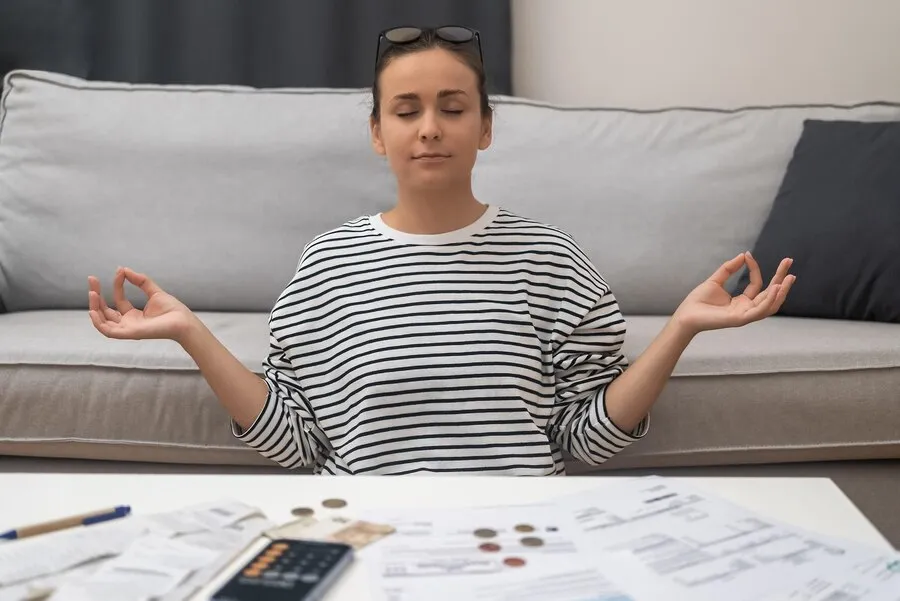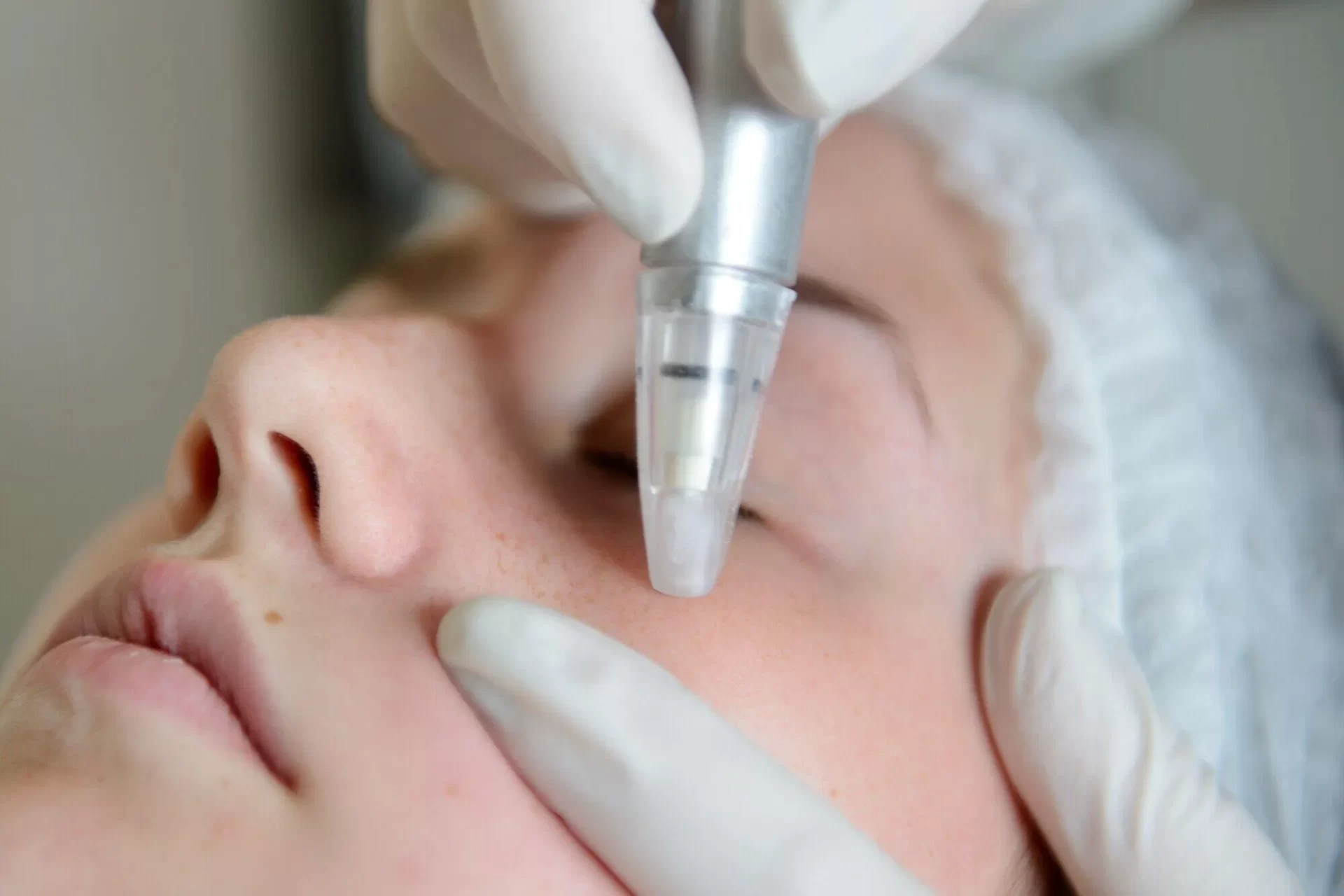You can become anxious due to the stresses of everyday life, such as family, work, money, and your health. Maybe anxiety was something you picked up later in life, or maybe you were always anxious as a youngster and carried that anxiety into adulthood. Regardless of when the symptoms began, there’s a chance that your mind is overheating and you’re always waiting for anything to happen.
There are other methods available for managing your anxiety and nervousness besides taking drugs. These are seven quick and easy non-medication methods for treating anxiety.
1. Moving your body is crucial
When your thoughts are whirling, exercising is the last thing you should do. Fears about soreness after the workout and inability to sit or walk for the next two days might be on your mind. Alternatively, your thoughts may spiral into the worst-case scenario, making you fearful of exerting too much energy and suffering a heart attack. Yet one of the most effective natural ways to combat worry is a regular workout. Exercise improves your emotional state by increasing serotonin and endorphin levels.
2. Get enough sleep
Another reason for having anxiety is not sleeping properly or avoiding it due to multiple reasons. You might discover that you have problems going to sleep, remaining asleep, or waking up early. Your anxiety symptoms may worsen if you’re tired. One of the greatest approaches to managing anxiety without using medication is to practice good sleep hygiene. It entails establishing a good sleep schedule; for example, fixing your bedtime and sticking to it, helps reduce worry at night.
3. Eat foods that build your body
When you’re nervous, your appetite fluctuates, and you might go for convenience snacks instead of cooking meals from scratch. Make sure you eat a properly balanced food with an adequate amount of protein, fiber, carbs, vitamins, and minerals. Consuming vegetables and fruit can help your body receive nourishment. Purchasing healthily prepared meals in advance or asking a friend or family member to make a quick dinner for you can be helpful if eating and drinking well are difficult for you when you’re nervous.
4. Use grounding techniques and deep breathing exercises
You may be anxious about things that might never happen or about things that will happen in the future. One of the best ways to lower your anxiety is to practice deep breathing exercises to help you ground yourself in the present. In a few minutes, deep breathing techniques can effectively reduce tension, anxiety, and panic. They can be done anywhere and are simple to master because you only need proper concentration on your breath. It makes you calm and helps to clear the negative thoughts.
5 Keep checking your emotions with a mood tracker
Make a habit of noting your mood every day. Consider how you feel, events that affect your mood, and the impact of any techniques you’ve attempted, such as eating healthily or prioritizing sleep. Simply put them down in the mood tracker. Several apps might help you better understand your mental condition. Develop techniques to combat negative emotions and anxious symptoms. It is free to everyone and can be used as part of your self-care routine. You may share your entries with your therapist.
Read Also: What are 6 treatments for anxiety?
6. Use a set of positive affirmations
Positive affirmations are another useful approach for dealing with complex emotions and reducing worry. Affirmations can be written on stickers and read aloud. Simply explained, these are optimistic phrases that you tell yourself daily.
7. Considering professional assistance
A lot of people seek out therapy when they start to engage with drugs and alcohol when they are facing anxiety If you are someone who is dealing with both of these problems, you can trust California Rehab. There is a lively, sober community and kind staff waiting to welcome you. People with social anxiety can also easily obtain and benefit from online counseling.
Final Thought
Many people might find natural relief from anxiety by learning how to address it without drugs. You will gain a clear grasp of your stress response and the most beneficial coping mechanisms by learning how to control your emotions. You can take advantage of new coping techniques to manage your anxiety symptoms by speaking with a therapist, who will provide you with the space for self-reflection.

Jasper Bruxner is a passionate and versatile blogger with a keen eye for trends and a knack for crafting engaging content. As the founder of WendyWaldman, he has established himself as a trusted resource in a diverse range of niches, including food, tech, health, travel, business, lifestyle, and news. He tends to share the latest tech news, trends, and updates with the community built around Wendywaldman. His expertise and engaging writing style have attracted a loyal following, making him a respected voice in the online community.




